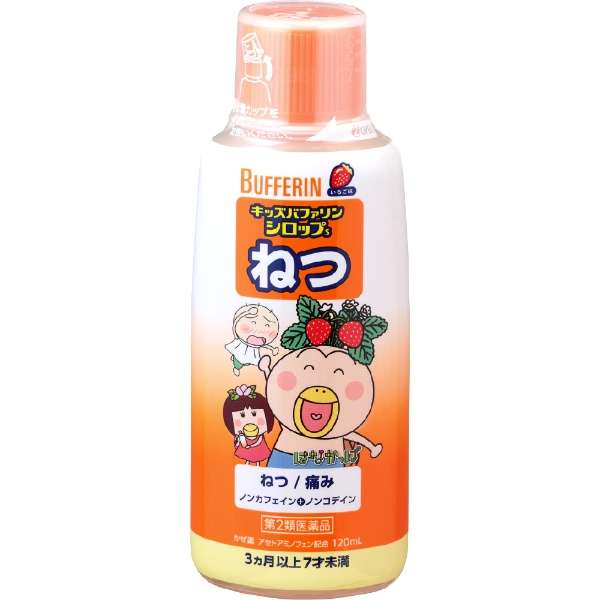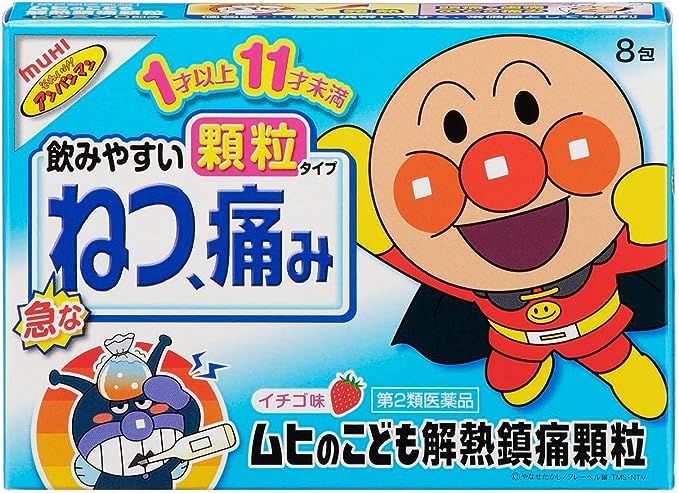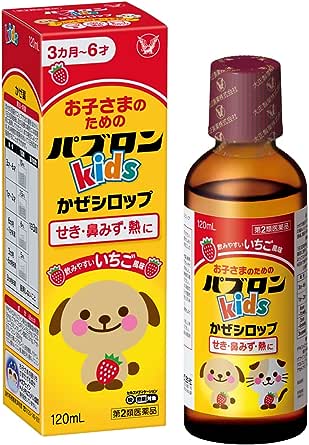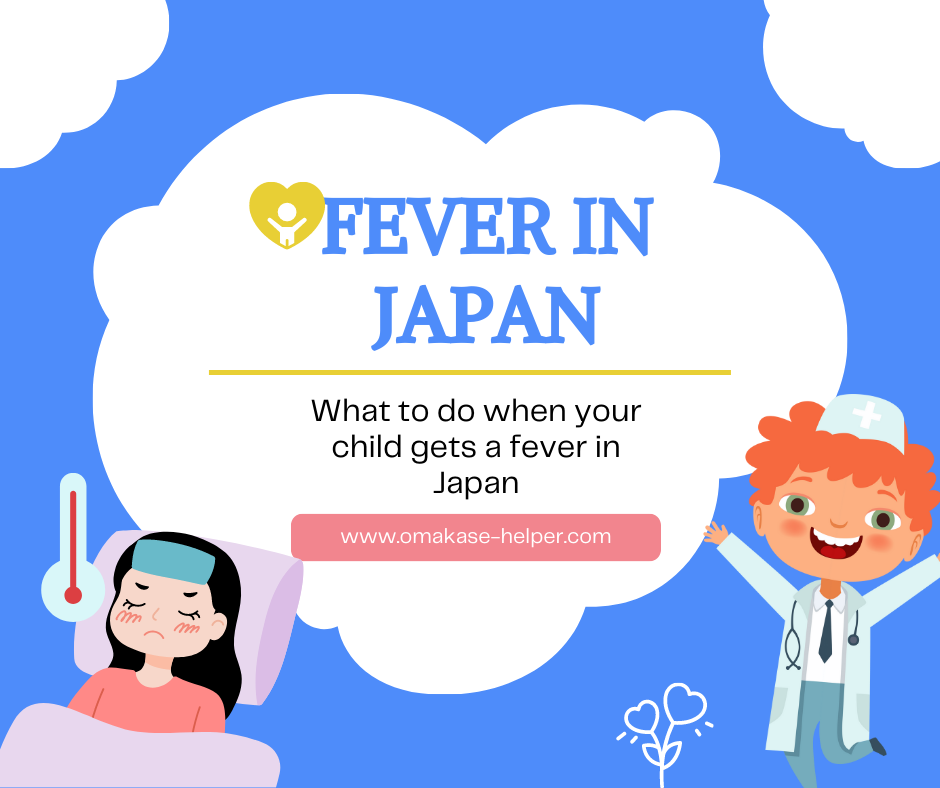What medicines are available for children’s fevers in Japan? Should you go to the clinic or the hospital?
Hey there fellow parents in Japan!
Picture this: you’re going about your day, having a good time, and suddenly, your little one feels warm to the touch. Yeah, you guessed it – a fever! As parents, we know that these unexpected twists are all part of the childrearing adventure, but when you’re living in a foreign land like Japan, it can feel a tad overwhelming, not knowing what medicines you can buy, whether to go to the doctor, and what on earth you should do!
But fear not! Whether you’re a seasoned resident or a newly arrived expat, this guide to how to treat a fever in kids in Japan will help.
What is a fever?
A fever is a temperature over 37.5 degrees Celsius. Generally in Japan they recommend not giving medicines unless it goes over 38.5 degrees, although your daycare won’t hesitate to call you any time the reading hovers slightly over 37!
Taking your child to a clinic or hospital
First you should ascertain if the child is seriously ill. If they have signs like being too lethargic to move around as normal, a stiff neck, a rash or trouble breathing, go to the hospital, or if necessary, call an ambulance (#119). You should also go to the doctor if the child is under 3 months, or if they are not getting better after a few days (recently my 1-year-old was on day 6 of a fever that wasn’t improving and the hospital found it was strep needing antibiotics, despite the local clinic saying the throat was fine, so it’s okay to seek second opinions).
Local clinics
Local clinics will generally be crowded, full of kids with minor colds and viruses, and the waiting time may be long. Many clinics have online booking systems so that you can receive an email notification when it’s your turn, instead of having to wait for hours in the reception room. These systems are almost always in Japanese only. You can use a translation tool, or a service like Omakase Helper to book for you over the phone. It’s also fine just to show up, although since Covid-19, you usually need to inform the staff of the fever so that you can wait in a separate room.
In my experience the local clinics generally just tell you the child has an “ordinary cold”, but if you push a little, they will do tests for RSV, Covid, influenza and other viruses which are going around. They will prescribe medicines, including for fever. The options for fever are usually:
- Powdered medicine that you mix into liquid
- Syrup
- Suppository
Be sure to bring the child’s insurance card and iriyosho.
Hospitals
Hospitals will see fever patients in the morning, usually before 11am or noon. Afternoons usually require an appointment, so we recommend calling in advance if you want to go in the afternoon. If you don’t have an appointment, you can just turn up freely in the morning. If your child has been to the hospital within the last 6 months, it’s free, but if they are a new patient or haven’t been in 6 months, they charge a fee, usually between 6-8000 yen.
The benefit to going to hospitals is that they can perform more tests, so these are a good idea if you are worried about a serious illness, or you have been to the clinic and the child is still not improving. For example, when I took my child to the hospital on day 6 of his fever and cough, they did a chest x-ray and blood tests, as well as searching for rarer viruses. It can be reassuring to get extra tests done when you have a small child.
Be sure to bring the child’s insurance card and iriyosho.
For both the clinics and hospitals, treatment in Tokyo for children is free, as are medicines.
What if it’s a weekend, public holiday or late at night?
If your child is seriously ill, call an ambulance so they can find somewhere that is open. There are also facilities that offer out-of-hours care, called “休日診療”. They may alternate what clinic is open on which day, and you can search the internet for a list of what is open in your ward. This Himawari website also lists various facilities, including by “what is open near you”.
Medicines that you can buy in the pharmacy without a prescription
If your child has a fever but you think it’s just a common virus and there is no need to go to the clinic, you can give them over-the-counter medicine. In Japan, there are several over-the-counter pain and fever medicines specifically formulated for children. Here are some commonly available options:


Acetaminophen (アセトアミノフェン): Known as “asetaminofen” in Japan, this is a widely used medication for reducing pain and fever in children. The chewable tablets are great for kids aged 3+, and for smaller kids the “netsu” syrup is suitable (look for the Bufferin or Muhi brands).

Paburon (パブロン): Paburon is a popular children’s pain and fever medicine containing paracetamol. It comes in various forms and flavours to make it easier for kids to take. Here is an English leaflet containing information about Paburon.
Keep in mind that dosages for children can vary based on age and weight, so always read the instructions carefully or consult a paediatrician if you’re unsure about the appropriate dosage for your child. Additionally, it’s essential to be aware of any potential allergies or contraindications before giving your child any medication. When in doubt or if your child’s condition worsens, it’s best to seek medical advice from a healthcare professional.
How to feed a reluctant child the medicine

Some kids don’t like to take medicines. In these cases, the fever suppositories can be the easiest way. You can request them from a doctor easily. If not, try getting powdered medicine and mixing it into jelly. The baby food “mixed fruits” flavour has worked well for us. Otherwise, pharmacies sell special jelly designed to hide the taste of the medicine.


Comments are closed